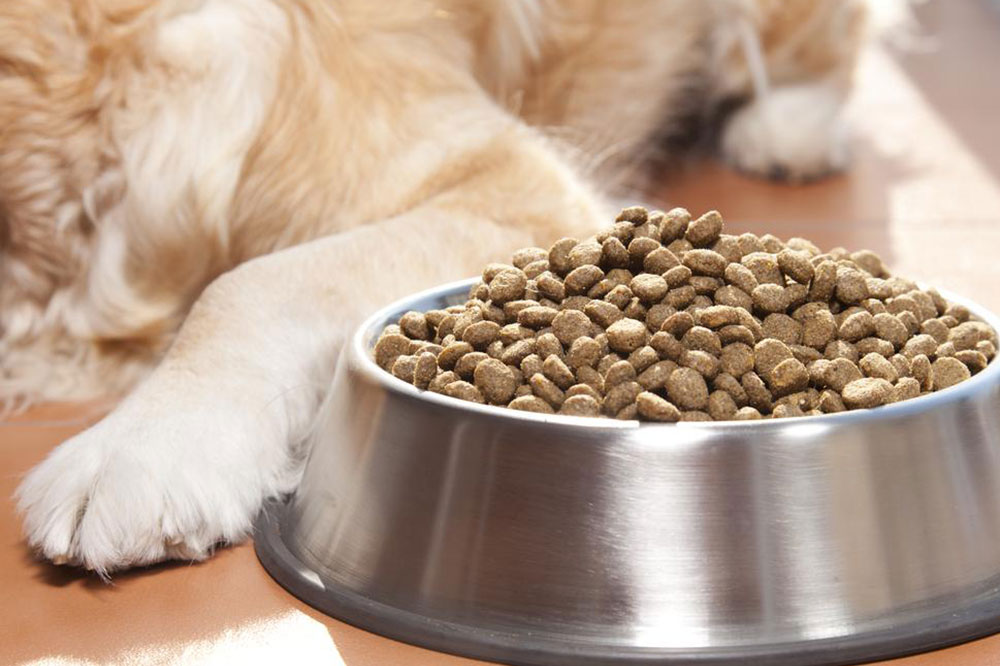
Common Food Allergens in Dogs
Did you know that dogs can be equally prone to food allergies as humans? But there is a difference between food allergy and food intolerance in dogs. The latter refers to a condition when a dog may have trouble digesting any specific ingredient. This could be a reaction to any food like dairy food, but a food allergy will trigger an immune response.
The most common food allergens in dogs are not responsible for most of their gastrointestinal problems and skin infections; those happen mainly due to environmental reasons like grass or pollen allergies. But some dogs can experience a host of health issues because of food-related allergies.
Because of some common allergens, a dog’s immune system can mistakenly identify a food ingredient, usually a protein, as an invader. It then starts to produce defensive antibodies to fight this invader or enemy. The most common symptoms of food allergies in dogs include itchy skin, skin rashes, itchy paws, sneezing, red eyes, and eye discharge, scaly or pigmented skin, vomiting and diarrhea, chronic ear infections, and hair loss. The allergens are listed below:
- Beef
This is by far one of the most common food allergens in dogs, and you may not notice your dog’s intolerance to certain ingredients present in the food that you may have been feeding your pet for years. You will notice that beef is a common ingredient in most dog foods, which is why it is also a typical food allergen. - Dairy foods
You will find quite a few dogs suffering from lactose intolerance, just like humans. This is more of an intolerance than a real allergy and may trigger bloating or gas and vomiting. A dairy allergy could be in the form of skin itchiness in dogs, but lactose intolerance will usually cause digestion problems. - Eggs
Allergy to eggs means that the dog’s immune system is reacting to the proteins in the yolk. - Wheat
While dogs are more likely to have an allergy to meat than grains, there are instances of dogs being allergic to wheat products. In such situations, it is best to consult the vet for a solution. - Chicken
Just like lamb and beef, chicken can trigger an allergic reaction in dogs, even if you have been feeding it to him for many years. - Lamb
Since many commercial dog products were made using beef or chicken, lamb-made products were preferred for dogs with allergies to regular foods. But lamb can also trigger allergies in dogs; in that case, you can offer him sweet potato and venison. - Soy
This food allergen may be responsible for a number of health issues that go beyond allergies in dogs, including liver diseases, thyroid, and growth problems.
When you think your dog may be suffering from some food-related allergy, you should immediately consult your vet. They can help you identify the allergen responsible for the problem. Blood and skin allergy tests are readily available, and your vet will probably refer these for your dog at first.



